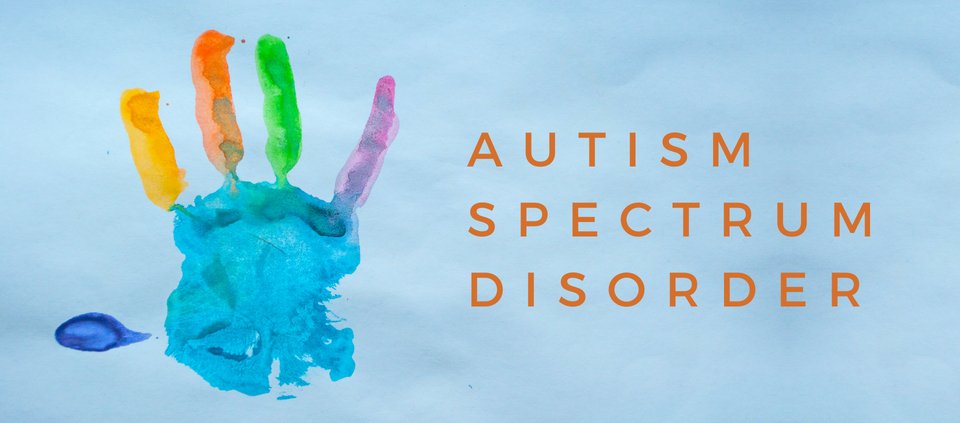Autism Spectrum Disorder (ASD) affects approximately 1 in 54 children in the United States, according to the Centers for Disease Control and Prevention. ASD is a neurodevelopmental disorder that affects social communication, behavior, and sensory processing. Diagnosis of ASD can be a complicated process involving various assessments and evaluations. In this blog post, we will demystify the autism diagnostic assessment process and explain what happens during an autism diagnostic assessment.
What is an Autism Diagnostic Assessment?
An autism diagnostic assessment is used to determine whether an individual has ASD. Professionals typically conduct the assessment, including a psychologist, pediatrician, speech therapist, and occupational therapist. The assessment can take several hours and may require multiple visits to complete.
The assessment gathers information about an individual’s development, behavior, and communication skills. It may include interviews with the individual, their family members, and caregivers and observation of the individual in different settings. The assessment may also include standardized tests and questionnaires.
The Diagnostic and Statistical Manual of Mental Disorders, Fifth Edition (DSM-5) provides guidelines for diagnosing ASD. The DSM-5 identifies two core deficits in ASD: social communication impairments and restricted, repetitive patterns of behavior. To meet the criteria for ASD, an individual must have persistent deficits in both areas, with symptoms that are present in early childhood and impact daily functioning.
What to Expect During an Autism Diagnostic Assessment
The autism diagnostic assessment process typically involves the following steps:
Referral: The assessment process usually begins with a referral from a pediatrician, school psychologist, or other healthcare providers.
Initial Evaluation: The initial evaluation may involve a screening test or questionnaire to determine whether the individual should undergo a full autism diagnostic assessment.
Comprehensive Assessment: If the initial evaluation suggests that the individual may have ASD, a thorough assessment will be conducted. This will involve interviews with the individual and their caregivers, observation of the individual in different settings, and standardized tests.
Diagnosis: Once all of the information has been gathered, the team of professionals will review the results and provide a diagnosis if appropriate.
Feedback: The team will provide feedback to the individual and their caregivers regarding the assessment results and recommendations for treatment.
The assessment process can take several weeks to complete, depending on the professionals’ availability and the complexity of the individual’s symptoms.
Tips for Preparing for an Autism Diagnostic Assessment
If you or your child is scheduled for an autism diagnostic assessment, there are several things you can do to prepare:
Gather Information: Keep a record of your child’s developmental milestones, medical history, and any concerns you have about their behavior or development.
Be Honest: Be honest with the professionals conducting the assessment about your child’s symptoms and behavior. This will help ensure an accurate diagnosis.
Bring Support: Bring a trusted family member or friend to the assessment to provide emotional support and help answer questions.
Prepare Your Child: Prepare your child for the assessment by explaining what will happen and what to expect. This can help reduce anxiety and make the assessment process less stressful.
Conclusion
An autism diagnostic assessment is a necessary process for individuals who may be experiencing symptoms associated with ASD. It is designed to gather information about an individual’s development, behavior, and communication skills to determine whether they meet the criteria for ASD. The assessment process can be complex and time-consuming. Still, getting an accurate diagnosis and providing appropriate treatment is vital. By understanding what to expect during the assessment process and preparing accordingly, individuals and their families can confidently approach the process and get the support they need.



